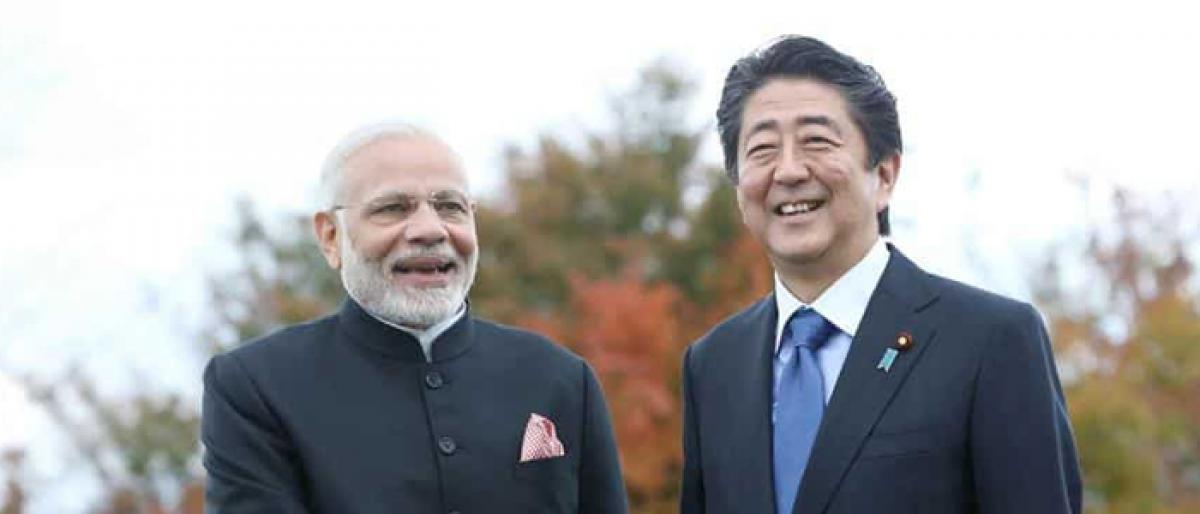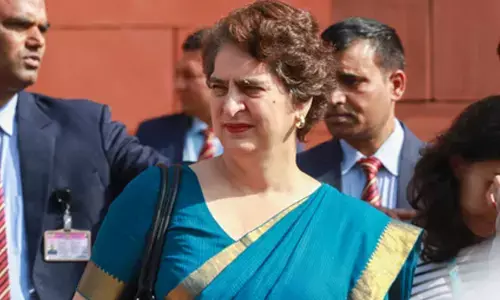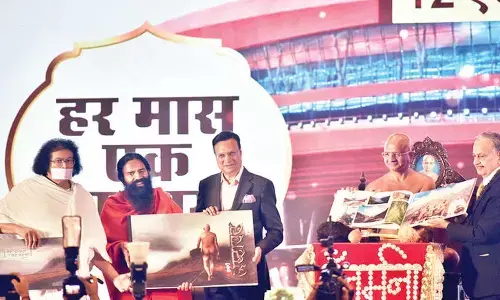India, Japan should work for a new world order

Prime Minister Narendra Modi has wrapped up his latest visit to Japan for the annual Prime Ministerial summit between the two countries successfully bonding the two countries further in deep friendship A range of agreements have been signed which include several significant measures on military cooperation and regional and global security
Prime Minister Narendra Modi has wrapped up his latest visit to Japan for the annual Prime Ministerial summit between the two countries successfully bonding the two countries further in deep friendship. A range of agreements have been signed which include several significant measures on military cooperation and regional and global security.
One of the most significant outcomes of the latest summit was the official start of negotiations between the two countries on an acquisition and cross-servicing agreement, which will grant each of their armed forces reciprocal access to the other's bases and military facilities. The move crystallises more than a decade of rapid strategic convergence between Japan and India amid mutual suspicions about China's rise.
India and Japan must endeavour to work together for a rules-based and inclusive world order that fosters trust and confidence by enhancing communication and connectivity to ensure rule of law, unimpeded trade and flow of people, technology and ideas for shared prosperity. Only an unwavering commitment to working together leads towards a free and open Indo-Pacific.
On security cooperation - the special strategic and global partnership between the two countries has continued to deepen - both the countries have now elevated their 2+2 defense and strategic dialogue to the ministerial level. Additionally, the tri-service exercises will involve interactions between the Indian Army, Air Force and Navy and Japan's Ground Self-Defense Force, Air Self-Defense Force and Maritime Self-Defense Force. There is an important development for the country here as the two have reached an agreement in defense technology research and development.
Japan has also decided to end its self-imposed ban on defense exports four years ago and for the first time it has signed an agreement with India for cooperation in the area of Unmanned Ground Vehicle (UGV) and Robotics. The other countries that have a similar agreement with Japan are the UK and the US. Strangely, nothing much is said about the state-of-the-art US-2 amphibian aircraft of Japan that the Indian Navy was interested sometime back.
Does it indicate India's waning interest over it overpricing? It may be a leap of faith to link Prime Minister Modi's close personal bonding with the Japanese PM, Shinzo Abe, but India's high regard for Japan is certainly rooted in shared history. An aggressive China's maritime policy and its disputes in the region and its Belt and Road Initiative have contributed much to the stronger bond between India and Japan too. This is more than a bilateral affair. Japan too has realised that while it needs to play a legitimate role in Asia and the world, it also sees how critical India's role could be in advancing the goal.
In a move that may help curb rupee volatility on account of imports from Japan, the two countries have also concluded a bilateral currency swap agreement for 75 billion dollars, a 50 per cent enhancement over their previous 50 billion currency swap agreement. It reduces the risk of volatility against the third currency and does away with the charges involved in multiple currency exchanges. The swap agreements will help address possible short-tern liquidity mismatches and supplement existing international financial arrangements.




















